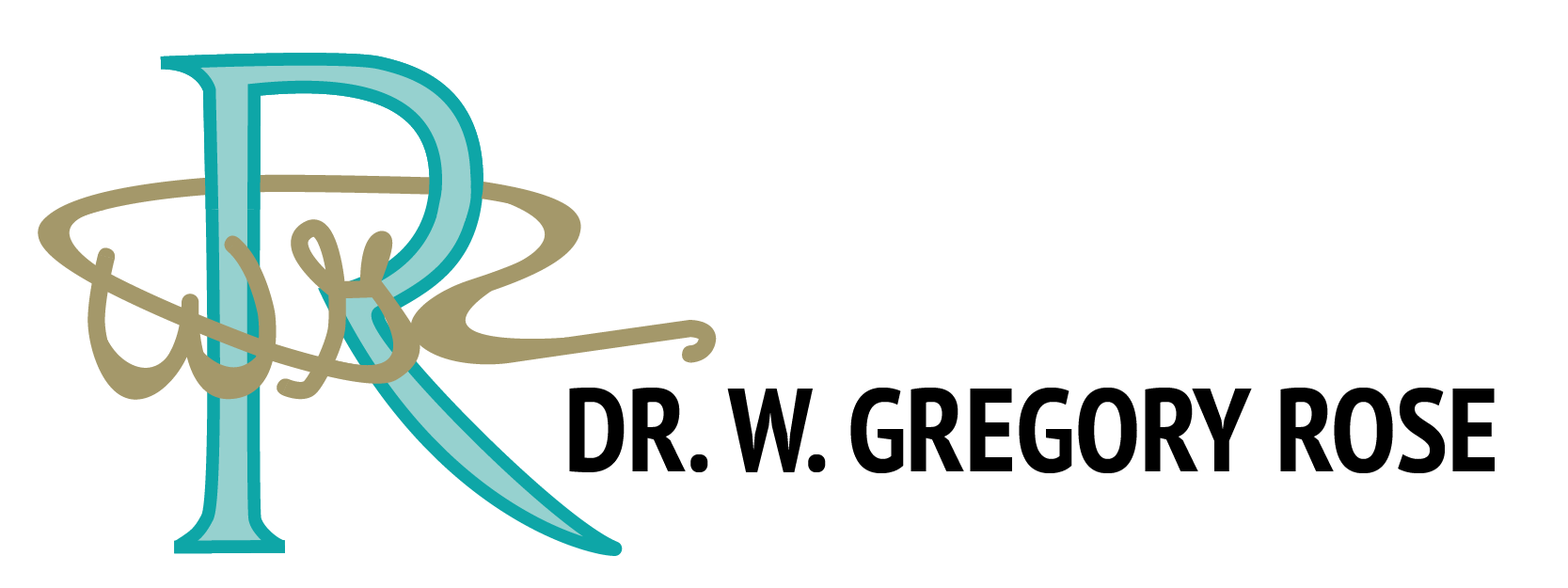Does your jaw hurt on one side? Is your jaw sore and painful? Well, jaw pain can be overwhelming and uncomfortable. But do you know it can progress into a serious condition if overlooked? Jaw pain can indicate an underlying problem, and TMJ disorder is one of the common reasons for jaw pain.
According to the National Institutes of Health, about 10 million Americans are affected and four times more commonly found in women than men. Sadly, only about 50% of people with a TMJ disorder seek tmj treatment Albuquerque and about 15% those who don’t get treated continue with pain and sufferings and develop a chorionic TMJ disorder. Understanding TMJ disorder can help you make informed decisions and treat the condition at the right time.
So, what is TMJ (Temporomandibular Joint) and what causes it? How to treat it? In this blog, you can find answers to all your queries regarding TMJ disorder.
What is Temporomandiubular Joint?
The TMJ connects the lower jaw (mandible) to the bone at the side of the head (the temporal bone). The joint can be found on both sides of the head in front of the eyes. TMJ joints are flexible, and it helps to move the jaw and open the mouth up and down, enabling us to chew food, talk, and yawn. Muscles around the temporomandibular joint help to control the position and movement of the jaw.
What is Temporomandibular Joint disorder?
When TMJ dysfunctions, it can lead to jaw pain and other discomforts. That said, TMD is disorders of the temporomandibular joints, jaw muscles, and nerves. Any problems within this system that impact the bones, joints, and muscles working together in harmony is referred to as temporomandibular joint disorder.
Research classifies TMJ disorder in various forms, including Myofascial pain (pain or discomfort in the connective tissue that covers the muscles), internal derangement of the joint (displaced disk or dislocated jaw), degenerative joint disease (osteoarthritis, rheumatoid arthritis in the jaw joint). A person can have one or more of these conditions at the same time. If you suspect having TMJ disorder, it’s important to consult a tmj specialist Albuquerque. A TMJ specialist can help manage your symptoms and find a suitable treatment option.
What Are The Signs Of TMJ Disorder?
- Stiffness in jaw muscle
- Radiating pain in the jaw, neck, and face
- Locking of the jaw
- Clicking and popping sounds with pain when opening and closing the mouth
- Upper and lower jaw don’t fit as they should be
If you experience any of these signs, please schedule a consultation with your tmj dentist in Albuquerque and start treatment as early as possible.
How Are TMJ Disorders Treated?
TMJ treatment will vary from one person to another depending on the pain, symptoms, and severity of the disorder. However, there’re various treatment options to manage and alleviate pain, discomfort, and improve the quality of life. The most effective options are:-
- TMJ Appliance – A TMJ splint is recommend to manage the pain caused by TMJ, teeth grinding, jaw clenching, and other conditions.
- Muscle Relaxers – to help ease the pain caused by muscle tension.
- Hot and Cold Packs – A good way to ease the pain. While hot packs are advised to apply on the areas of muscular pain, cold packs are better for reducing inflammation alongside pain.
- Physical Therapy – Stretches and exercises can help manage the symptoms.
While there are several treatment options to treat TMJ disorder, your tmj specialist in Albuquerque is the right person to determine the right treatment plan to treat the condition. So, consult your TMJ dentist and know your treatment options.



